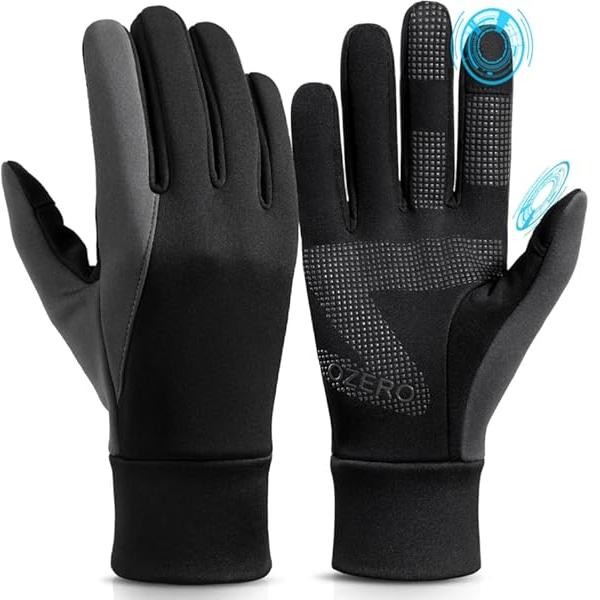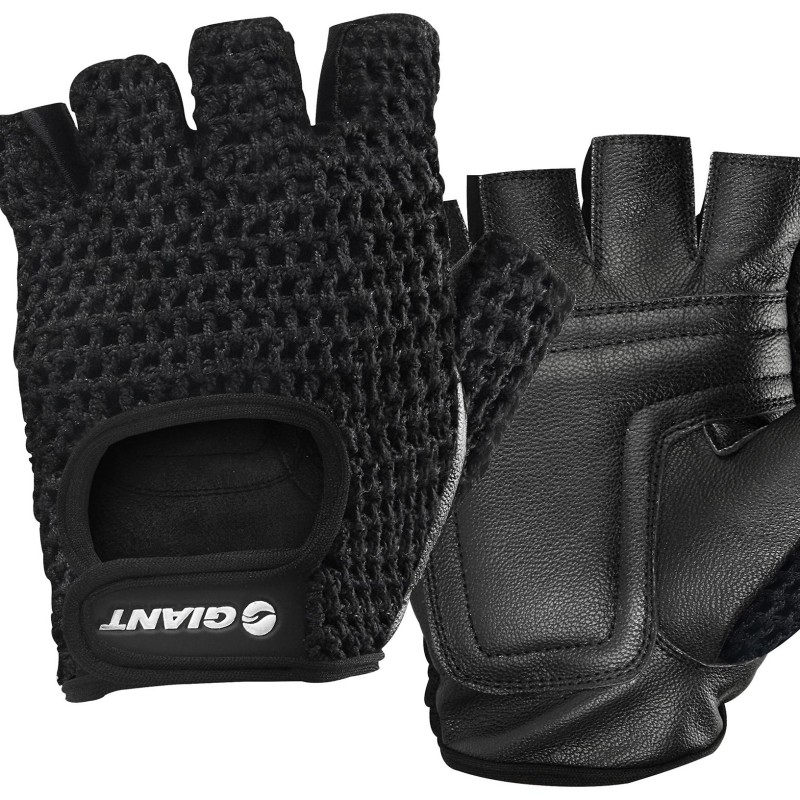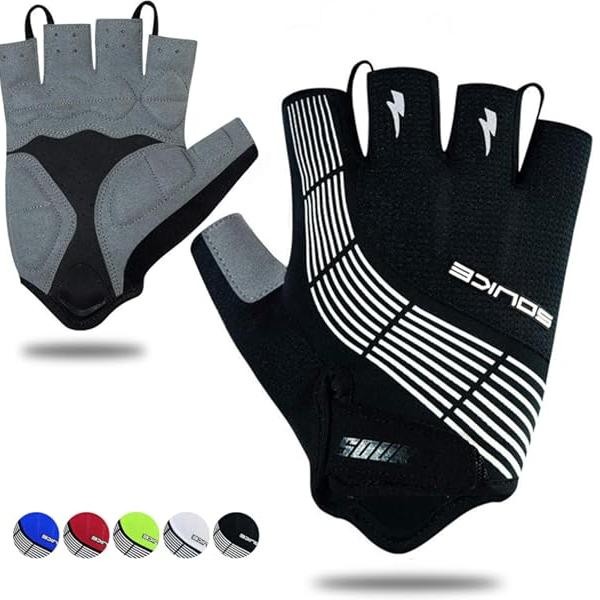Physical Address
304 North Cardinal St.
Dorchester Center, MA 02124
Physical Address
304 North Cardinal St.
Dorchester Center, MA 02124

When it comes to cycling, the right gear enhances both safety and comfort, and one accessory that shouldn’t be overlooked is a good pair of cycling gloves. These gloves are not just mere fashion statements; they serve critical functions that can significantly improve your riding experience. From providing cushioning to reducing hand fatigue and enhancing grip on the handlebars, cycling gloves are essential for both road cyclists and mountain bikers alike. In this comprehensive cycling gloves review, we will delve into the various types, materials, and essential features of cycling gloves available on the market today. By the end of this article, you’ll be equipped with the knowledge necessary to select the best cycling gloves tailored to your specific needs, ensuring more enjoyable and comfortable rides.
Cycling gloves come in various styles, each designed for specific riding conditions and preferences. Understanding these types can help you make an informed choice.
Full-finger gloves provide complete coverage for your hands and fingers, making them ideal for mountain biking and colder-weather rides. They protect against abrasions and impacts while also providing warmth in chilly conditions. Many full-finger gloves come equipped with grippy materials on the palm to enhance control over the handlebars.
Pros:
Cons:
Half-finger gloves, also known as fingerless gloves, are popular among road cyclists and those who prefer more ventilation. They leave the fingers exposed, allowing for better dexterity while still providing palm padding to reduce vibrations. This style is commonly favored during warm weather and long-distance rides.
Pros:
Cons:
Gel-padded gloves feature cushioning made from gel materials strategically placed in the palm area. This design provides maximum comfort by reducing pressure on sensitive points while absorbing shock from rough terrain. Gel padding is often found in both full-finger and half-finger gloves, making them suitable for various cycling styles.
Pros:
Cons:
Lightweight gloves are designed for riders who prioritize minimalism. These gloves often use breathable materials and minimal padding, allowing for maximum airflow. They are a great choice for casual riders or those cycling in hot weather conditions since they promote breathability and allow for improved grip.
Pros:
Cons:
Waterproof gloves are essential for cyclists who ride in wet conditions. Often made from specialized materials, these gloves keep your hands dry while offering a decent grip. Although they are not as breathable as standard gloves, waterproof options can be a lifesaver during sudden downpours.
Pros:
Cons:
When selecting the right cycling gloves, it’s important to consider essential features that will impact your comfort and performance.
The material used in gloves defines their durability and overall performance. Common materials include synthetic leather, mesh, and neoprene. High-quality materials enhance the gloves’ lifespan, while breathable fabrics help keep hands dry and comfortable. Consider how often and in what conditions you ride to choose the appropriate material for your gloves.
The amount and type of padding are crucial factors in reducing hand fatigue and increasing comfort during long rides. Options available include foam padding, gel padding, or a combination of both. Choosing the right amount of padding depends on your riding style and the terrain. For example, gel-padded gloves are best for absorbing shock on rough surfaces, while minimal padding may suffice for casual rides.
A proper fit is essential for effective performance. Gloves that are too tight can restrict blood circulation, while overly loose gloves may reduce grip and control. To find the right size, measure the circumference of your hand and consult size charts provided by manufacturers. Some gloves feature adjustable wrist straps to improve the fit further.
Good grip is crucial for maintaining control over your bike, especially when riding on varied terrains. Look for gloves that offer textured palms made of rubber or silicone for enhanced grip on handlebars. This feature becomes particularly important during wet conditions or when handling slippery surfaces.
While comfort is paramount, breathability is also essential, especially for prolonged rides. Choose gloves made with mesh panels or moisture-wicking fabrics that promote airflow and manage sweat. This added feature can prevent discomfort and blisters caused by damp hands.
In today’s tech-driven world, many gloves come equipped with touchscreen-compatible fingertips, allowing you to use your smartphone or GPS device without removing your gloves. This feature enhances convenience, especially during rides when you may need to check your navigation or respond to messages.
Here, we will review some popular cycling gloves on the market, examining their features, pros, and cons to help you make an informed decision.
The Giro Bravo Gel gloves are a favorite among road cyclists for their comfort and practicality. They come equipped with gel padding in the palms for shock absorption, making them a worthwhile investment for long rides.
Pros:
Cons:
These gloves feature gel padding that provides exceptional cushioning without compromising dexterity. Made with high-quality materials, they offer excellent durability and are designed to withstand rugged conditions.
Pros:
Cons:
Ideal for mountain bikers, the Fox Racing Dirtpaw gloves are built for durability and protection. Utilizing a combination of silicone grip and padded protection, these gloves function great in off-road conditions.
Pros:
Cons:
The Castelli Rosso Corsa gloves are designed for serious cyclists who prioritize comfort and performance. With high-quality materials that provide excellent grip and styling, these gloves are a fantastic choice for enthusiasts.
Pros:
Cons:
Rapha is a premium brand known for its stylish aesthetics and high-quality cycling gear. The Classic gloves deliver comfort with a sophisticated design, making them ideal for both casual and competitive cyclists.
Pros:
Cons:
Maintaining your cycling gloves correctly can prolong their lifespan and ensure optimal performance. Here are some essential tips for care:
Cleaning your gloves regularly is crucial, particularly after sweaty rides. Refer to the manufacturer’s care instructions; many cycling gloves can be hand-washed with mild detergent. Avoid using a washing machine unless explicitly stated, as this might damage the gloves.
After washing, allow your cycle gloves to air dry by placing them flat or hanging them in a well-ventilated area. Never place them near direct heat sources such as radiators or in a dryer, as excessive heat can warp materials. Store gloves in a cool and dry place to prevent odor or mold.
Regularly check your gloves for signs of wear and tear, such as fraying seams or worn padding. If you notice significant wear, consider replacing them to ensure safety and comfort during rides.
Prolonged exposure to sunlight can degrade the materials used in your gloves, causing them to fade or crack. Avoid leaving your gloves in direct sunlight when not in use.
Recent advancements in materials have led to the development of more durable, lightweight, and breathable cycling gloves. Innovative fabrics offer better moisture-wicking properties and improved resistance to abrasion.
The introduction of smart technology in gloves presents exciting possibilities. Some gloves now integrate sensors to monitor heart rate or track performance metrics, providing valuable data for serious cyclists.
Manufacturers are continuously evolving padding technologies for better shock absorption and comfort. New gel formulations and advanced foam materials are minimizing hand fatigue during long rides, enhancing overall experiences.
With advances in manufacturing technology, some brands now offer customizable cycling gloves. Users can select colors, materials, and even padding configurations to create gloves tailored to their preferences.
Choosing the proper cycling gloves is essential for any cyclist—be it a casual rider, an avid commuter, or a competitive athlete. The right gloves can significantly enhance comfort, provide necessary protection, and ultimately improve your overall riding experience.
This cycling gloves review highlights the variety of available options, considerations to keep in mind when selecting gloves, and the importance of caring for them. Technology continues to advance, bringing innovations that significantly elevate modern cycling gear. By understanding these options and features, you will be better positioned to select gloves that meet your unique needs.
Prioritize comfort, fit, and functionality as you explore the many choices within the cycling glove market. With the right pair of gloves in your kit, you will ride more comfortably—allowing you to focus on enjoying the journey ahead.